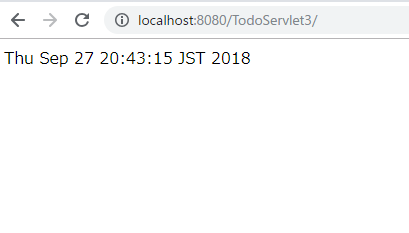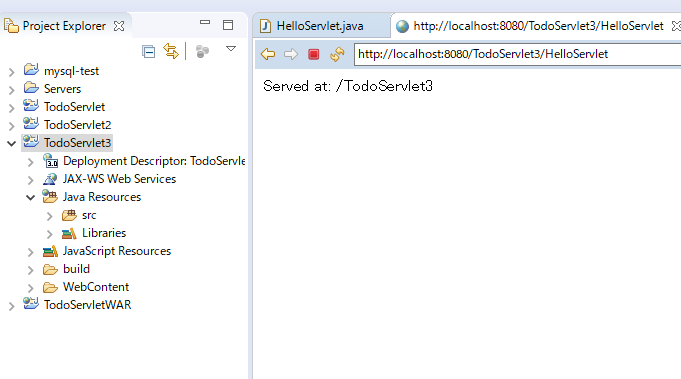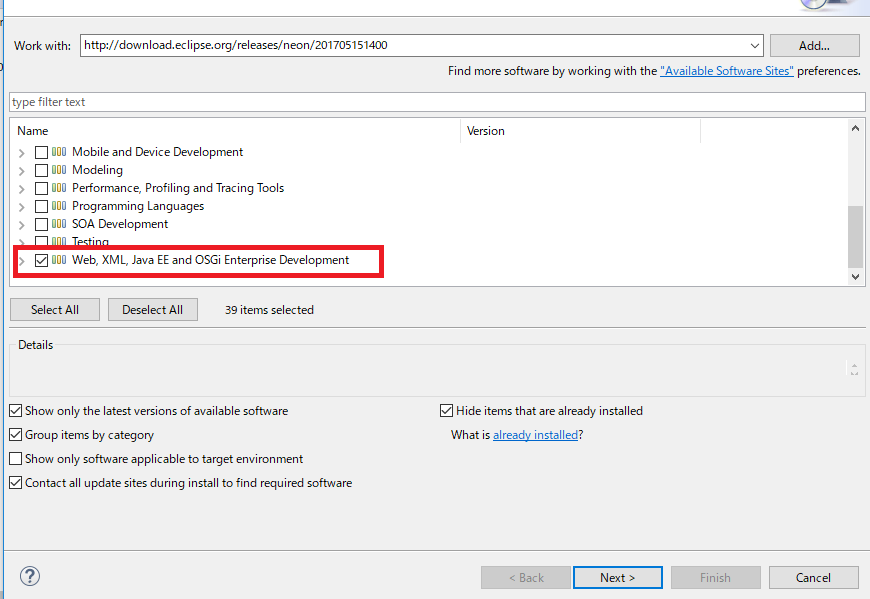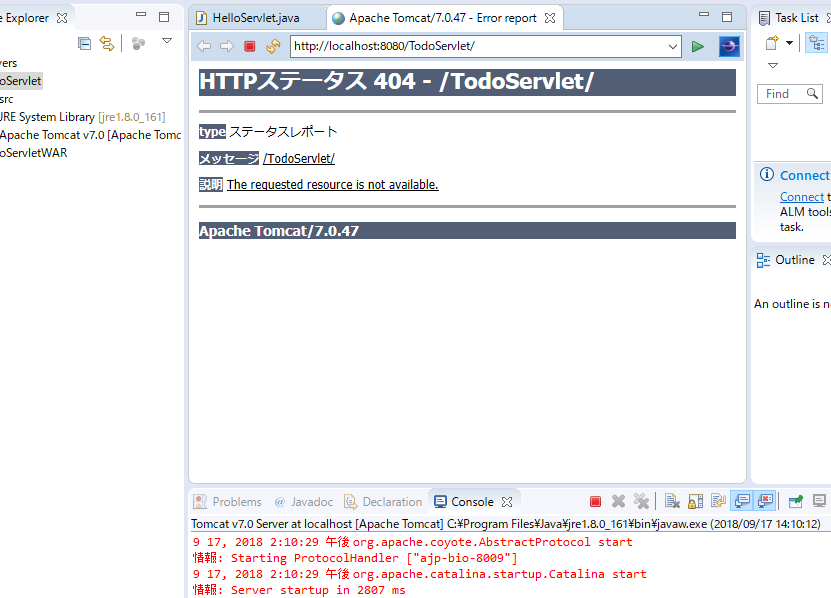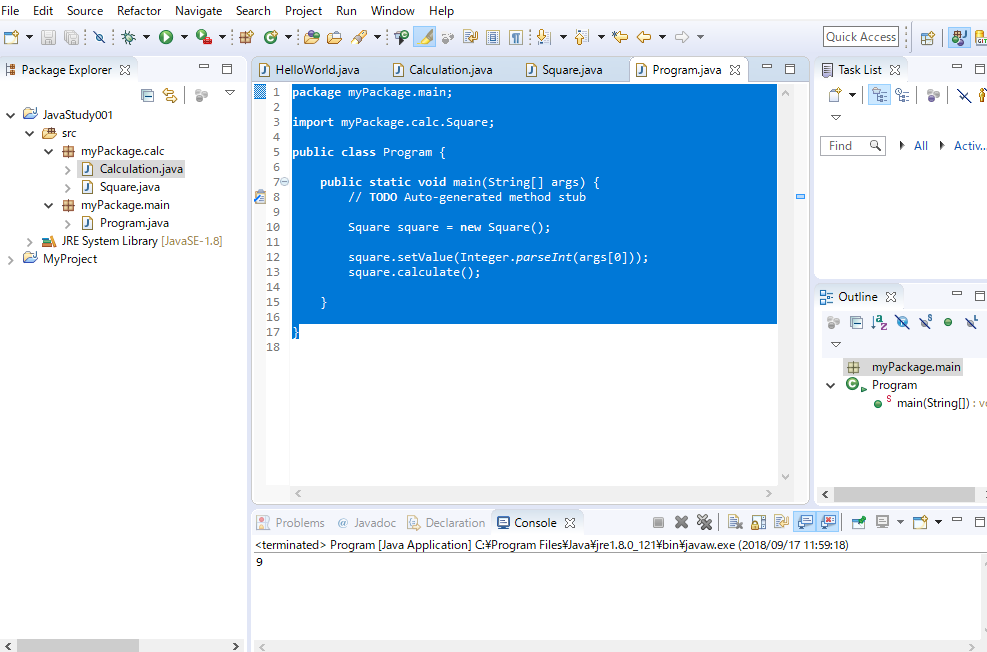class User {
private String name;
private static int count;
static {
User.count = 0;
System.out.println("Static initializer");
}
public User(String name){
this.name = name;
User.count++;
System.out.println("Constructor initializer");
}
{
System.out.println("Instance initializer");
}
public static void getInfo(){
System.out.println("# of instances: " + User.count);
}
}
public class MyApp {
public static void main(String[] args){
User.getInfo();
User tom = new User("Tom");
User.getInfo();
User john = new User("John");
User.getInfo();
}
}
[vagrant@localhost java]$ javac MyApp.java
[vagrant@localhost java]$ java MyApp
Static initializer
# of instances: 0
Instance initializer
Constructor initializer
# of instances: 1
Instance initializer
Constructor initializer
# of instances: 2
final は継承できない。
final class User {
protected String name;
private static final double VERSION = 1.1;
static {
this.name = name;
User.VERSION = 1.2;
}
public final void sayHi{
System.out.println("Hi! " + this.name);
}
public static void getInfo(){
System.out.println("# of instances: " + User.count);
}
}
抽象クラス
// 抽象クラス -> 具象クラス
abstract class User {
public abstract void sayHi(); // 抽象メソッド
}
class JapaneseUser extends User {
@Override
public void sayHi(){
System.out.println("こんにちは!");
}
}
class AmericanUser extends User {
@Override
public void sayHi(){
System.out.println("Hi");
}
}
public class MyApp {
public static void main(String[] args){
AmericanUser tom = new AmericanUser();
JapaneseUser aki = new JapaneseUser();
tom.sayHi();
aki.sayHi();
}
}
[vagrant@localhost java]$ javac MyApp.java
[vagrant@localhost java]$ java MyApp
Hi
こんにちは!
interface
interface Printable{
// 定数
double VERSION = 1.2;
// 抽象メソッド
void print();
// default メソッド
public default void getInfo(){
System.out.println("I/F ver. " + Printable.VERSION);
}
// static メソッド
}
class User implements Printable {
@Override
public void print(){
System.out.println("Now printing user profile...");
}
}
public class MyApp {
public static void main(String[] args){
User tom = new User();
tom.print();
tom.getInfo();
}
}
[vagrant@localhost java]$ javac MyApp.java
[vagrant@localhost java]$ java MyApp
Now printing user profile…
I/F ver. 1.2
列挙型
enum Result {
SUCCESS,
ERROR,
}
public class MyApp {
public static void main(String[] args){
Result res;
res = Result.ERROR;
switch (res){
case SUCCESS:
System.out.println("OK!");
System.out.println(res.ordinal());
break;
case ERROR:
System.out.println("NG!");
System.out.println(res.ordinal());
break;
}
}
}
[vagrant@localhost java]$ java MyApp
NG!
1
例外処理
public class MyApp {
public static void div(int a, int b){
System.out.println(a / b);
}
public static void main(String[] args){
div(3, 0);
}
}
[vagrant@localhost java]$ java MyApp
Exception in thread “main” java.lang.ArithmeticException: / by zero
at MyApp.div(MyApp.java:13)
at MyApp.main(MyApp.java:17)
例外処理
class MyException extends Exception {
public MyException(String s){
super(s);
}
}
public class MyApp {
public static void div(int a, int b){
try {
if (b < 0){
throw new MyException("not minux!");
}
System.out.println(a / b);
} catch (ArithmeticException e){
System.err.println(e.getMessage());
} catch(MyException e){
System.err.println(e.getMessage());
}
}
public static void main(String[] args){
div(3, 0);
div(5, -2);
}
}
[/java]
Wrapper Class
[java]
public class MyApp {
public static void main(String[] args){
// Integer i = new Integer(32);
// int n = i.intValue();
Integer i = 32; // auto boxing
i = null;
int n = i; // auto unboxing
System.out.println();
}
}
[/java]
[vagrant@localhost java]$ javac MyApp.java
[vagrant@localhost java]$ java MyApp
Exception in thread "main" java.lang.NullPointerException
at MyApp.main(MyApp.java:14)
型を後程指定するジェネリック
[java]
class MyData<T> {
public void getThree(T x){
System.out.println(x);
System.out.println(x);
System.out.println(x);
}
}
public class MyApp {
public static void main(String[] args){
MyData<Integer> i = new MyData<>();
i.getThree(32);
}
}
[vagrant@localhost java]$ javac MyApp.java
[vagrant@localhost java]$ java MyApp
32
32
32

